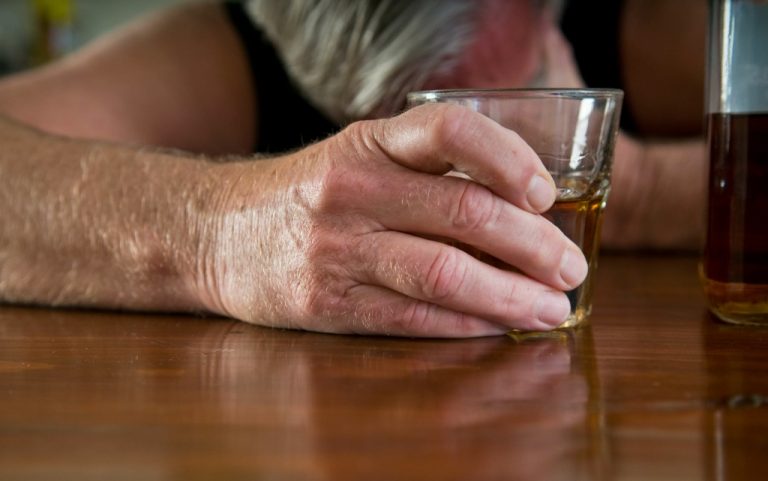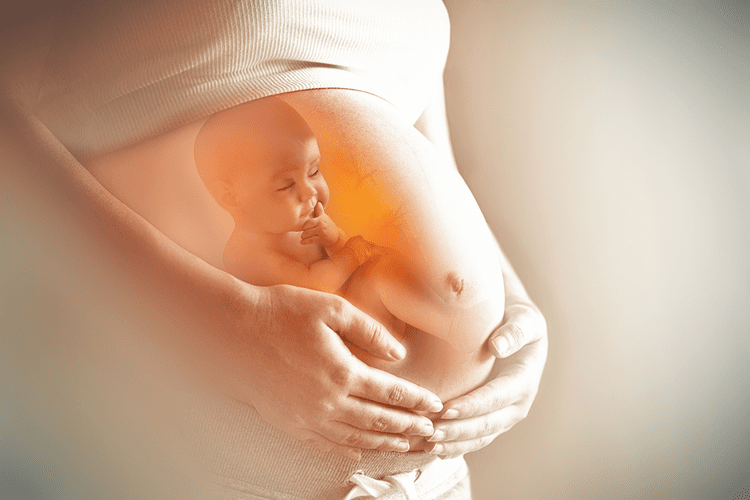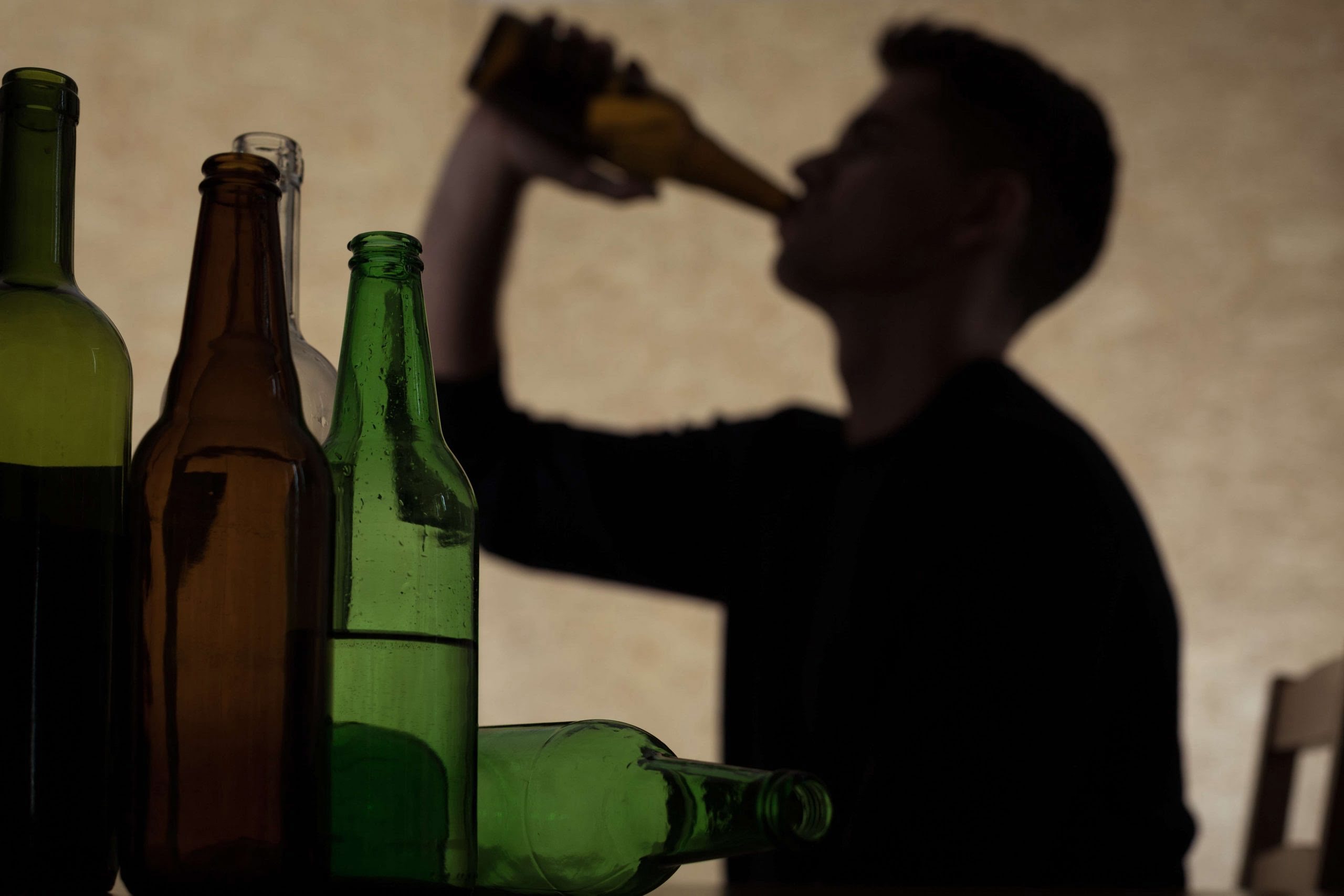Physicians begin by checking vital signs such as respiratory rate, heart rate, body temperature, and blood pressure to determine the severity of intoxication. An alcohol overdose is a life-threatening condition caused by excessive ethanol in the bloodstream. It occurs when the body absorbs more alcohol than the liver processes, leading to toxic effects on vital organs like the brain, heart, and lungs. Alcohol overdose is also referred to as alcohol poisoning, ethanol toxicity, or acute alcohol intoxication. At a BAC of 0.31 to 0.45 or above, the drinker is at a significant risk of death from alcohol overdose and the alcohol suppressing vital https://za-chem.com/2020/08/find-aa-meetings-near-you-free-sobriety-tracker/ life functions.

What Are the Signs and Symptoms of Alcohol Poisoning?
- In 2019, Mahoney was part of a team of scientists from RNI and WVU Medicine that launched the world’s first Food and Drug Administration–approved clinical trial of deep brain stimulation to treat opioid use disorder.
- More severe withdrawal can involve hallucinations, seizures, or delirium tremens (DTs), which are life-threatening if untreated.
- Chronic alcohol use leads to an elevated tolerance, causing individuals to consume large amounts of alcohol over a shorter period without feeling immediate effects, which significantly raises the risk of overdose.
- For instance, a sudden drop in oxygen saturation necessitates supplemental oxygen or mechanical ventilation.
He says he is extremely tired at all times, and that no matter how much he sleeps, he can never abate his fatigue. He says that his vision feels different; that although he can see clearly, it feels processed differently and less efficiency. He says he has trouble maintaining focus on a moving object with his eyes, which is a common sign of alcohol overdose brain damage. His balance was dysfunctional for the first couple weeks following his incident, but it seems that hes reclaimed whatever balance he thinks he lost. He tells me he has trouble with short term memory, finding the right word for his sentences, social awareness, and temperament issues.
- This pattern of excessive alcohol intake overwhelms the liver’s ability to metabolize ethanol, causing BAC levels to rise quickly and leading to alcohol poisoning.
- Therefore, understanding one’s limits and drinking responsibly is important to prevent alcohol poisoning and its severe consequences.
- Unhealthy alcohol consumption, whether through excessive drinking, risky drinking, or ongoing alcohol abuse, can damage both physical and mental health.
- Opioid overdoses are particularly dangerous and can lead to both fatal and non-fatal overdoses, increasing the risk of anoxic brain injury due to oxygen deprivation.
- Urine toxicology screening is also performed to identify co-ingested substances that complicates treatment.
Dangers of Alcohol Poisoning

As an individual consumes alcohol, he or she will begin to feel the depressant effects it has on the brain. As the body’s control center, the impairing effects of alcohol quickly impede the normal function of areas all Drug rehabilitation over the body. Short-term symptoms indicating reduced brain function include difficulty walking, blurred vision, slowed reaction time, and compromised memory.
A Quick Review

Dr. Wakim enjoys golf, traveling and time spent with his two dogs, Lulu and Rayna. Moderate alcohol consumption is defined by standard guidelines as up to one drink per day for women and up to two drinks per day for men. Adolescent brains are more vulnerable to the negative effects of alcohol than adult brains. Misuse of alcohol during adolescence can alter brain development, potentially resulting in long-lasting changes in brain structure and function. Several treatment options and interventions can help a person recover from alcohol dependence. Once a person stops using alcohol, they can often experience recovery from symptoms, though in some cases, some damage may be permanent.
Learn About Treatment
An improperly functioning gag reflex significantly increases the risk of choking. Alcohol enters the bloodstream within minutes of drinking, and it takes about minutes for the blood alcohol level to reach its highest point. Mixing alcohol with these drugs intensifies the effects so much that even moderate amounts of alcohol can result in an overdose. Binge drinking is when you drink enough to raise your BAC to above 0.08g/100ml. For women, this is usually about four drinks in less than two hours and about five drinks for men. Alcohol poisoning shuts down the parts of your brain that controls vital functions.